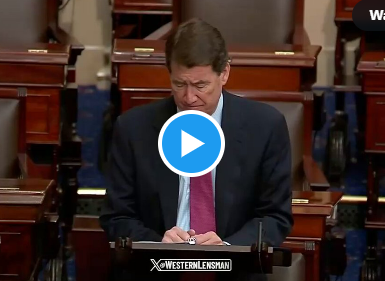More than 190 nations have agreed to a new treaty which aims to combat so-called biopiracy. The treaty demands increased intellectual property transparency by requiring new patent applicants to disclose the origins of the materials used in new inventions. Companies sometimes use Indigenous people’s traditional resources and knowledge, such as medicinal plants, agricultural crops, animal breeds, and other genetic resources in the creation or development of new patents. Traditionally, these companies have not been required to declare the use of such indigenous or biodiverse material, or to protect the resources of Indigenous peoples. After over 20 years of work, the World Intellectual Property Organization (WIPO), which is the UN’s innovation and patenting agency, has succeeded in galvanizing support for heightened disclosure measures. This landmark treaty is seen as addressing gaps in protection by requiring patent applicants to disclose the origin of the materials used in new inventions and to receive approval for the use of Indigenous knowledge or genetic resources. The treaty, however, does not address the issue of compensation, and Indigenous communities whose materials or knowledge are unlawfully appropriated in new inventions will not be able to seek damages through this biopiracy treaty.
Chapter Breakdown
0:00 – Report on biopiracy
2:40 – Interview with Amber Hartman Scholz, Leibniz Institute
#biopiracy #indigenous #geneticmaterial
Subscribe: https://www.youtube.com/user/deutschewelleenglish?sub_confirmation=1
For more news go to: http://www.dw.com/en/
Follow DW on social media:
►Facebook: https://www.facebook.com/deutschewellenews/
►Twitter: https://twitter.com/dwnews
►Instagram: https://www.instagram.com/dwnews
►Twitch: https://www.twitch.tv/dwnews_hangout
Für Videos in deutscher Sprache besuchen Sie: https://www.youtube.com/dwdeutsch








Add comment